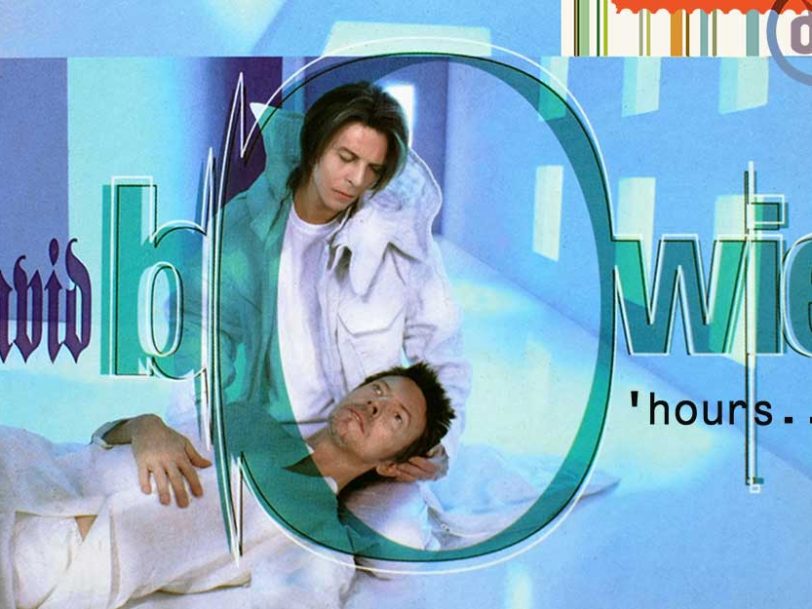After proving that he was abreast of the cutting-edge sounds emanating from dance culture with 1997’s Earthling, David Bowie’s next album, ‘hours…’, found him in a more downbeat, introspective mood. Still, while the music on ‘hours…’ may often have been reminiscent of moments from his 70s heyday, the catalyst for the material was anything but traditional.
Listen to ‘‘hours…’’ here.
“I approached it as though I was doing a movie”
Unsurprisingly, given his restless artistic nature and fascination with the new, technological advances had been hugely exciting for Bowie throughout the 90s. He grasped the potential of the internet before most musicians, realising early on that it could be a game-changer in terms of instant communication with fans and immediate distribution of his music. Though the song Telling Lies would feature on Earthling, he’d issued three download versions of it in 1996, becoming one of the first major artists to release music digitally. Similarly, he webcast a show from Boston on his Earthling tour; the technology might not have been quite there yet in terms of the quality of the stream, but Bowie could see its possibilities.
In 1998, he pre-empted a world of artist-generated content and crowdfunding platforms by launching BowieNet, a prescient and hugely profitable venture that promised fans exclusive interviews, photos, news and videos. Towards the end of that year, Bowie’s embrace of new technology and ways of reaching audiences resulted in him working closely with the software company Quantic Dream on a computer game, Omikron: The Nomad Soul. Not only agreeing to work on the soundtrack, Bowie also appeared in the game as two characters. He recruited guitarist Reeves Gabrels – a regular collaborator since 1987 – to assist with the task, as Gabrels recounted in David Buckley’s Strange Fascination: “I was asked by David to write a couple of songs with him for Omikron. After we met with the Eidos [game developers] team, I suggested that we should do all the music. It seemed only natural to me, as I had already done many television and film soundtracks.”




